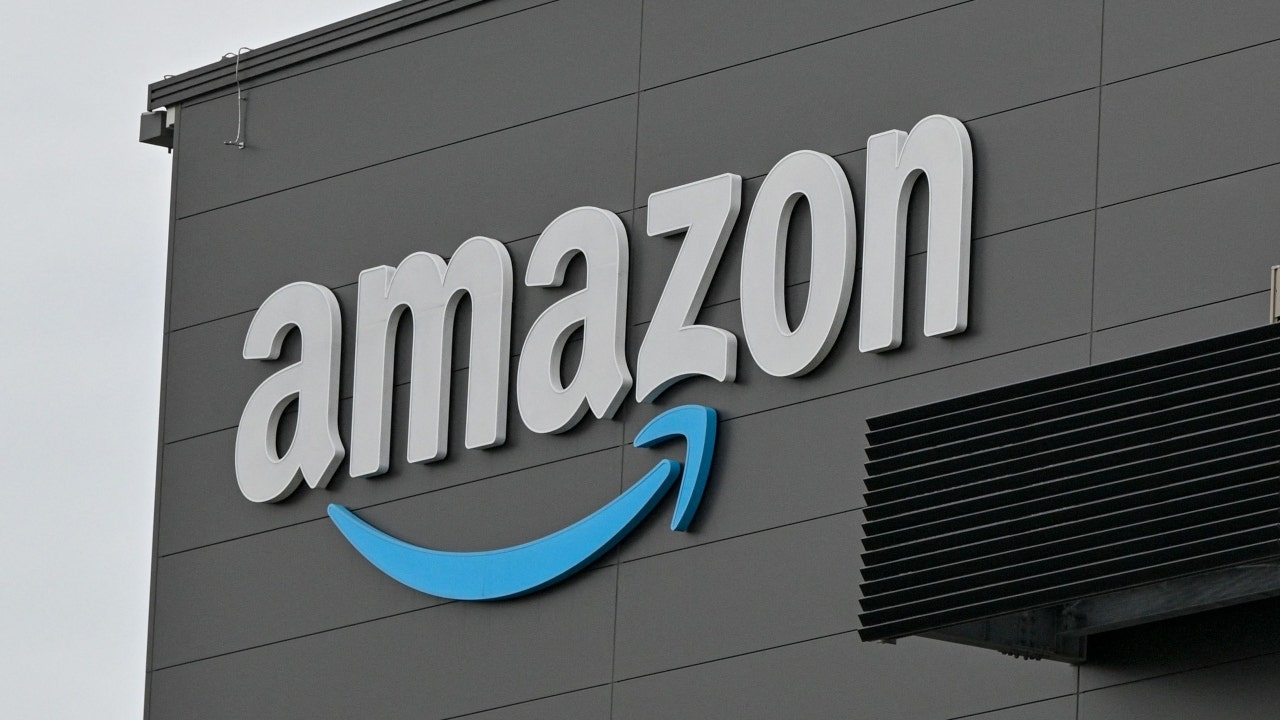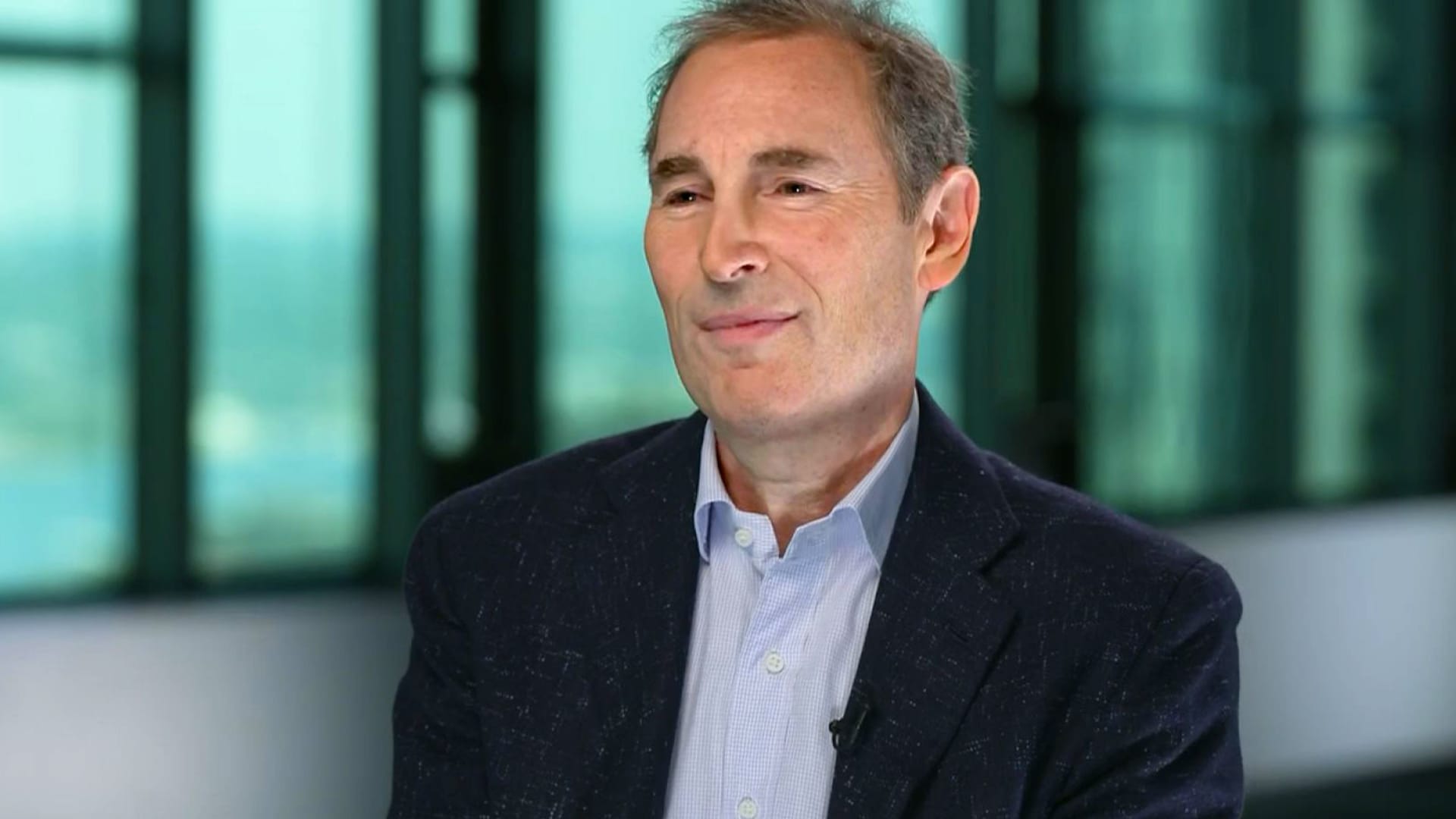On June 26, 2024, Amazon reached a $2 trillion market capitalization for the first time in its history. This achievement places Amazon among an elite group of tech giants including Nvidia, Apple, Alphabet and Microsoft, all of which have previously reached this landmark.

Also Read: Troubled EV Maker Fisker Files for Bankruptcy
On Wednesday, Amazon’s shares rose by 3.9%, hitting a record high of $193.61. This increase pushed Amazon’s market cap to $2.015 trillion, as tracked by Dow Jones Market Data Group.
The company’s stock has advanced over 24% this year outpacing the Nasdaq Composite’s nearly 19% rise. Amazon is currently the fifth most valuable company in the world behind tech giants like Microsoft, which has a market cap of $3.360 trillion.
The company first reached a market cap of $1 trillion in February 2020. It took the company more than four years, or 1,104 trading days, to double its market value and cross the $2 trillion threshold.
This pace is relatively slow compared to its competitors, Nvidia reached $2 trillion in just 180 days after hitting the $1 trillion mark.
On the day Amazon surpassed the $2 trillion mark, its stock closed at $193.61, with an intraday high close to $195. The stock needed to remain above $192.18 to maintain this market cap.
AWS, the company’s cloud computing division has reported huge growth especially in the first quarter of 2024.
AWS’s performance has been instrumental in boosting investor confidence and contributing to Amazon’s market value.
Under CEO Andy Jassy’s leadership, Amazon went on to cost-cutting measures including layoffs affecting over 27,000 employees.
While Amazon took over four years to add its second trillion, other companies like Microsoft and Apple did so in less than 600 days.
The company is also focusing on its AI capabilities in other areas, such as its voice assistant, Alexa. The planned revamp of Alexa, codenamed “Project Banyan,” plans to integrate conversational generative AI to make the assistant more intelligent and responsive.
E-commerce business has remained strong. The company has continued to invest in improving its logistics and delivery capabilities.
AWS continues to be a force in the cloud computing industry alongside competitors like Microsoft Azure and Google Cloud.
The division’s strong performance in the first quarter of 2024 has been a factor in stock price surge.
AWS, cloud computing division has been a major driver of the company’s success. Last quarter, AWS generated $25 billion in revenue, a 17% increase year-over-year.
Also Read: China and EU to Negotiate on Electric Vehicle Tariffs
AWS alone accounts for around one-third of the global cloud market, a share comparable to the combined market share of Microsoft and Google.
The company has invested heavily in AI technology including a $4 billion investment in AI company Anthropic. These investments have reaccelerated growth in AWS, which is now on track for $100 billion in annual revenue.
The company’s core e-commerce business continues to thrive. The company reported an 11% increase in sales during the second quarter of 2023 reaching $134 billion.
Upcoming events like Prime Day, which is set for July 16 and 17 are expected to boost sales. Last year, Prime Day was the largest sales event in the company’s history with over 375 million items sold.
Bank of America has raised its price target for Amazon to $220 per share from $210, citing advancements in AI and improvements in logistics as factors for the bullish outlook.
Market analysts attribute part of the company’s stock performance to a correction from being oversold in 2022.
The company plans to roll out custom electric delivery vehicles to more than 100 cities by the end of the year and plans to have 100,000 such vehicles across the U.S. by 2030. This initiative is part of Amazon’s effort to enhance its logistics and reduce its carbon footprint.
The company has developed AI models and a chatbot called Q, which are available to businesses using AWS.
Andy Jassy has been steering the company through its growth phase. Jassy’s focus on AI and cloud computing has been instrumental in driving Amazon’s success.
Jeff Bezos remains a big shareholder with a 9% stake. Warren Buffett’s Berkshire Hathaway is the second-largest individual shareholder with a 0.10% stake, followed by CEO Andy Jassy with 0.2%.
Amazon is committed to achieving net-zero carbon emissions by 2040. The expansion of its electric vehicle fleet is a critical component of this plan.
Also Read: Elon Musk Confirms Third Child with Neuralink Executive Shivon Zilis






















